EC: Visa liberalization for Kosovo too
Kosovo will be included in the visa liberalization process provided it meets the necessary conditions, says European Commission (EC) V-P Jacques Barrot.
Wednesday, 29.04.2009.
09:13

Kosovo will be included in the visa liberalization process provided it meets the necessary conditions, says European Commission (EC) V-P Jacques Barrot. “Kosovo, like the other countries, needs to meet the conditions set for all the Balkan countries,” Barrot told a news conference at the end of a two-day conference titled “Building Migration Partnerships” organized by the Czech EU presidency in Prague. EC: Visa liberalization for Kosovo too Barrot said that Kosovo would receive the same treatment as other countries in the region when it came to visa liberalization. “The answer is yes, provided Kosovo accepts the commitment to implement certain principles that are necessary if we want to simplify the visa regime,” said the EC vice-president. 54 delegations from 47 countries took part at the migration conference, with the Serbian delegation headed by Interior Minister Ivica Dacic. Dacic yesterday outlined Serbia's strategy for combating illegal migration, a strategy for improving the plight of Roma and a national strategy for improving the plight of returnees. “In practice it’s hard to separate legal and illegal migratory flows,” warned the minister, stressing the special need for regional Balkan cooperation in that field. The Czech Republic, as the conference host, took the opportunity to hold bilateral meetings between Czech Interior Minister Ivan Langer and foreign officials in order to voice Prague and Brussels’ strong support for visa liberalization. Indeed, the genuine chances that the visa regime could be lifted for West Balkan citizens by the end of the year could, analysts believe, be the only tangible advance that the Czech EU presidency makes on its key priority—the accelerated Euro-integration of the Western Balkan countries. Yesterday’s conference was part of the continued implementation of a European migration pact, and a bridge on five pillars was used as a symbol of the conference’s final declaration. “Those are legal migrations, combating illegal migration, readmissions agreements, reintegration, and the fifth pillar is migration and development,” said Langer at the closing news conference. As a particularly worthwhile achievement of the conference, the Czech minister highlighted the consensus reached that in tackling negative accompanying phenomena to migration and applying positive phenomena, it was necessary to proceed in close coordination with the EU and neighboring countries, as well as with countries of origin. “The more we speak together, the more we have a common approach and the same principles, the bigger the chances that we'll benefit from migration, from the positives it brings us, and eradicate the negatives that migration sadly brings too,” he said. The conference participants (FoNet)
EC: Visa liberalization for Kosovo too
Barrot said that Kosovo would receive the same treatment as other countries in the region when it came to visa liberalization.“The answer is yes, provided Kosovo accepts the commitment to implement certain principles that are necessary if we want to simplify the visa regime,” said the EC vice-president.
54 delegations from 47 countries took part at the migration conference, with the Serbian delegation headed by Interior Minister Ivica Dačić.
Dačić yesterday outlined Serbia's strategy for combating illegal migration, a strategy for improving the plight of Roma and a national strategy for improving the plight of returnees.
“In practice it’s hard to separate legal and illegal migratory flows,” warned the minister, stressing the special need for regional Balkan cooperation in that field.
The Czech Republic, as the conference host, took the opportunity to hold bilateral meetings between Czech Interior Minister Ivan Langer and foreign officials in order to voice Prague and Brussels’ strong support for visa liberalization.
Indeed, the genuine chances that the visa regime could be lifted for West Balkan citizens by the end of the year could, analysts believe, be the only tangible advance that the Czech EU presidency makes on its key priority—the accelerated Euro-integration of the Western Balkan countries.
Yesterday’s conference was part of the continued implementation of a European migration pact, and a bridge on five pillars was used as a symbol of the conference’s final declaration.
“Those are legal migrations, combating illegal migration, readmissions agreements, reintegration, and the fifth pillar is migration and development,” said Langer at the closing news conference.
As a particularly worthwhile achievement of the conference, the Czech minister highlighted the consensus reached that in tackling negative accompanying phenomena to migration and applying positive phenomena, it was necessary to proceed in close coordination with the EU and neighboring countries, as well as with countries of origin.
“The more we speak together, the more we have a common approach and the same principles, the bigger the chances that we'll benefit from migration, from the positives it brings us, and eradicate the negatives that migration sadly brings too,” he said.










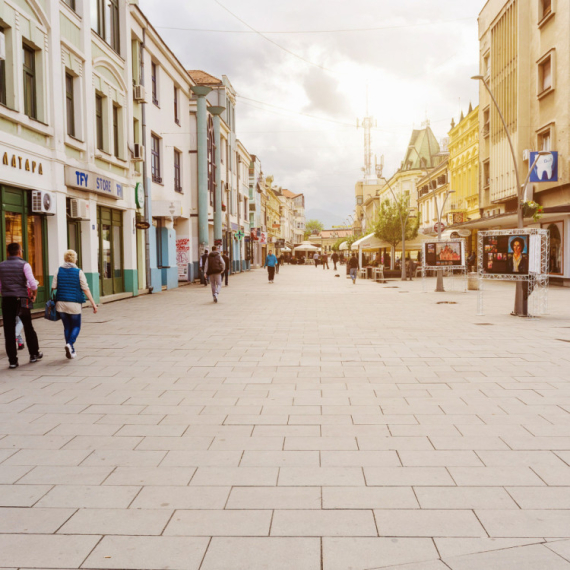




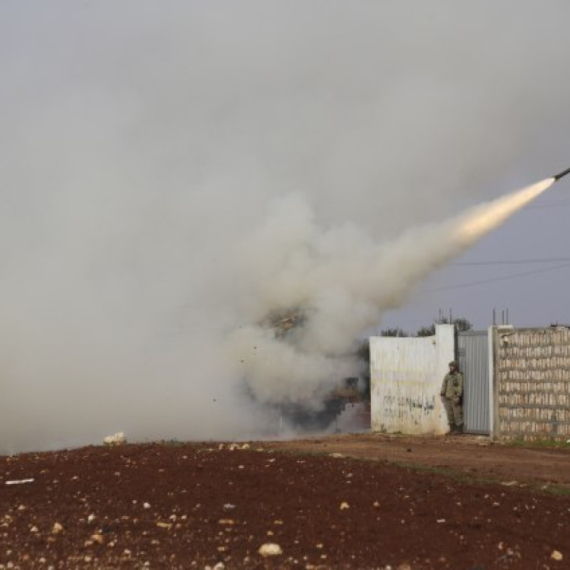
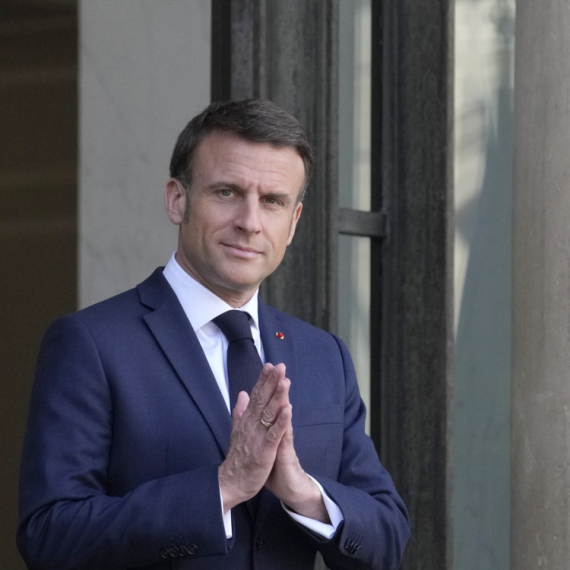





















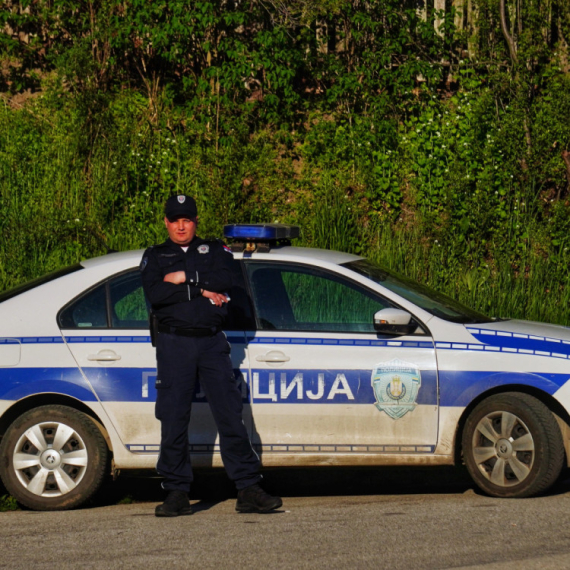
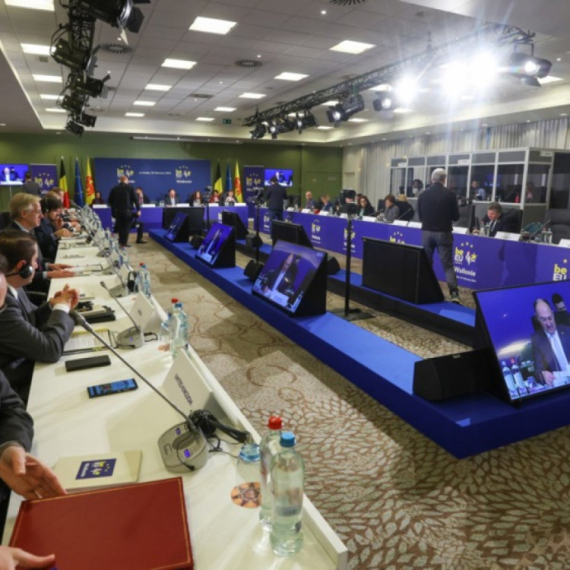
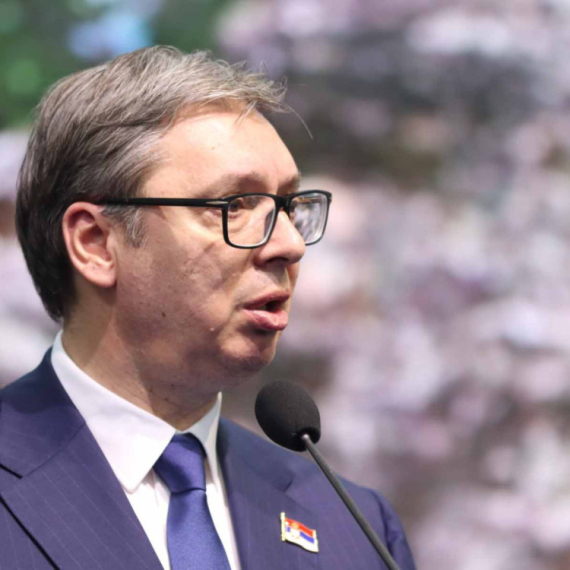
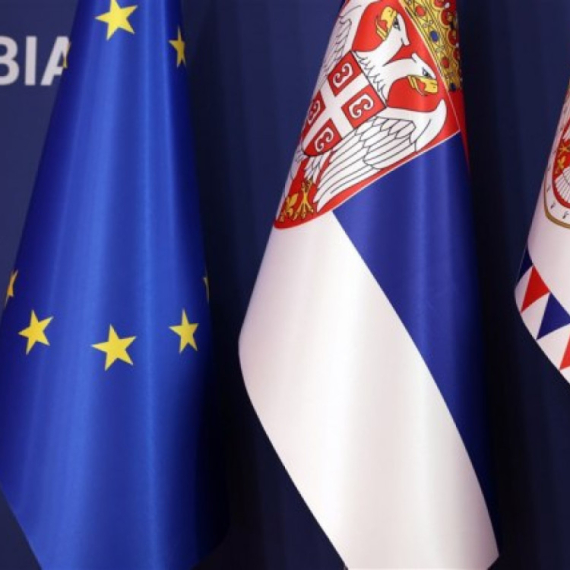









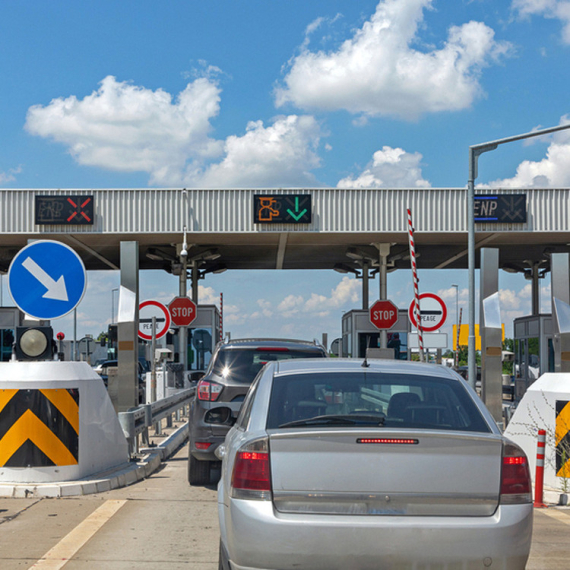






Komentari 9
Pogledaj komentare